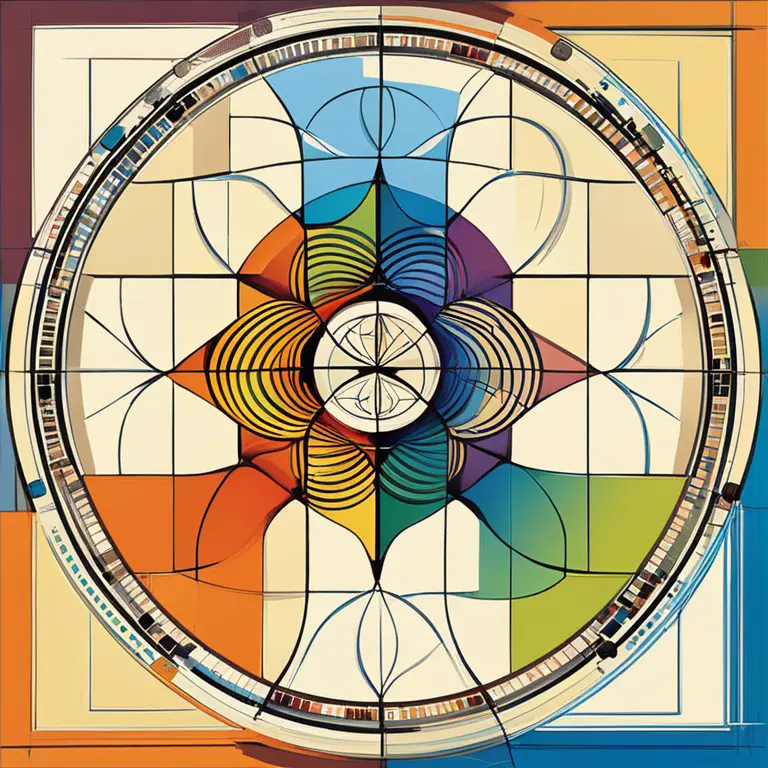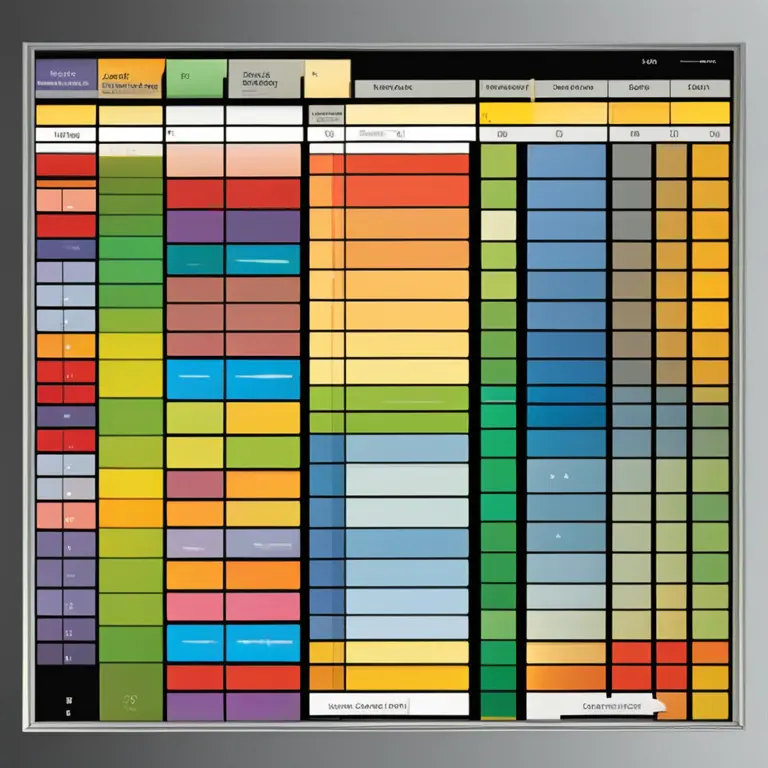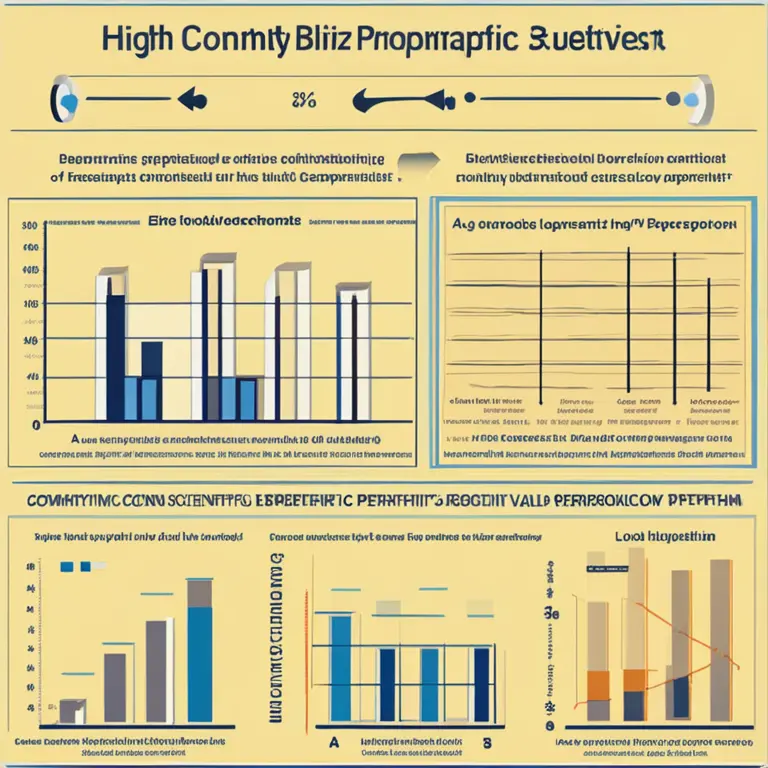
Are Biorhythms a Reliable Indicator?
Examine the legitimacy of biorhythm theories in predicting personal well-being and life patterns.
article by Adrian Wallace
The Origins of Biorhythm Theory
Biorhythm theory, which emerged in the late 1800s and gained popularity in the 20th century, proposes that our daily lives are significantly affected by rhythmic biological cycles. These cycles are believed to influence our physical, emotional, and intellectual capabilities. The concept, originating from the work of Dr. Hermann Swoboda and Dr. Wilhelm Fliess, posits that from the moment of birth, we are influenced by three specific cycles: a 23-day physical cycle, a 28-day emotional cycle, and a 33-day intellectual cycle. While intriguing, the question remains whether these cycles hold any scientific merit or if they fall more into the realm of pseudoscience.

Examining Scientific Scrutiny
Skeptics argue that biorhythm models lack empirical evidence and rigorous scientific backing. Numerous studies have attempted to validate the accuracy of biorhythms, with most concluding that there is no significant correlation between predicted high and low phases and actual performance or mood. Moreover, the scientific community generally concurs that the premise of biorhythms is better classified as a belief system rather than established science. Despite this skepticism, the allure of finding patterns within our lives continues to fuel interest in biorhythms.

Biorhythms in the Digital Age
With advancements in technology, the accessibility to biorhythm calculators and applications has proliferated. In this digital age, enthusiasts can easily find tools to chart their personal cycles according to biorhythm theory. Apps often integrate additional features like compatibility assessments and critical day warnings, thus expanding the appeal to a broader audience. However, the ease of access does not equate to accuracy or scientific validation, and users should be cautious in attributing significant life decisions to these results.

Personal Anecdotes versus Data
Some individuals swear by the accuracy of their biorhythm charts, recounting periods where predictions seemingly aligned perfectly with their life experiences. Yet, personal testimonies do not equate to scientific proof. The placebo effect and confirmation bias can play substantial roles in one's interpretation of their biorhythms. To objectively assess the accuracy of biorhythms, one would need extensive controlled studies, rather than relying on selective anecdotes that may only notice when predictions match outcomes while disregarding mismatches.

The Placebo Effect and Biorhythm Belief
The influence of belief on personal well-being should not be underestimated. If individuals believe that their biorhythms predict a good day, they may be more likely to experience positivity, akin to a self-fulfilling prophecy. This placebo effect can make it difficult to discern whether positive outcomes are genuinely influenced by biorhythms or if they are a result of mindset and expectations. While this psychological aspect is fascinating, it strays from the question of biorhythm's inherent accuracy.
Conclusion
In sum, while biorhythms offer an interesting framework for considering personal rhythms and cycles, their accuracy as a predictive tool remains highly debatable. The lack of definitive scientific validation suggests that reliance on biorhythms for critical decision-making or as a sole guide to one's emotional and intellectual journey is not advisable. The enchantment with biorhythms may persist, but it is essential to approach such matters with a critical eye and an understanding of the placebo effect, confirmation bias, and the difference between belief and empirical evidence.
Published: 1/30/2024
Modified: 1/30/2024
More predictions
Come back here soon to learn more about yourself and your future


The Rhythms Within: An Insight into Biorhythms
Discover the science and philosophy behind biorhythms, the cyclical patterns our bodies follow, in connection with our physical, emotional, and intellectual states.


The Rhythms Concept: A Guide to Biorhythms
Discover the intriguing concept of biorhythms: the cyclic patterns influencing our physical, emotional, and intellectual states.


Unlocking The Biorhythms Guide
Delve into the fascinating world of biorhythms to learn how they influence your physical, emotional, and intellectual states, potentially shaping your daily life and decisions.